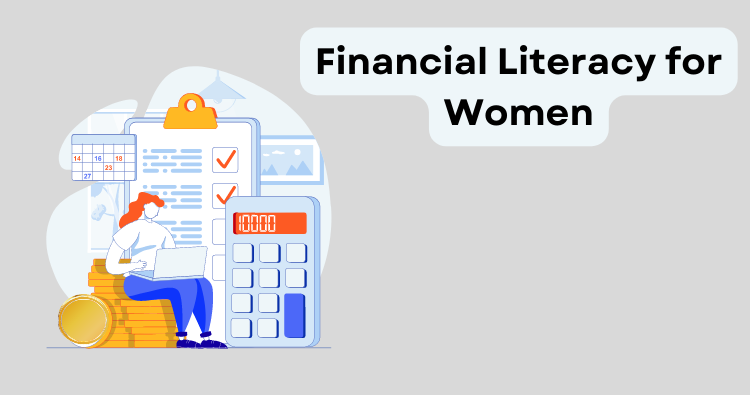


Women have always been in charge of the household finances. Still, in recent years they have taken on more financial responsibility outside the home. Financial literacy is important for women because they need to manage their own finances and understand financial concepts to make sound financial decisions. Unfortunately, women are more likely than men to face poverty after retirement. A big reason for this is that women tend to live longer than men. But another factor is that women earn less over their lifetimes and have fewer opportunities to save for retirement.
But there's good news: Women can catch up by taking courses, reading books or articles, or working with a financial advisor. And the sooner they start, the better. Yet most women are in a huge time crunch, so it s difficult to find an hour or two to learn about money. To ease this issue, we've created a list to help women with financial literacy.
As the world progresses, more and more emphasis is placed on financial literacy. This is true for women, who have historically been at a disadvantage when it comes to money matters.
There are various reasons why financial literacy is crucial for women. For one, women tend to live longer than men, which means they need to be prepared for a longer retirement. Additionally, women are more probable to take time out of the workforce to care for children or elderly family members. Unfortunately, this can make it challenging to save for retirement or build up enough credit to get a loan. Another reason financial literacy is so essential for women is that they are often the ones in charge of household finances. Even when they don't earn as much as their male counterparts, they are typically responsible for managing the budget and paying the bills.
Financial Literacy for Women: How to Get Started
Women are less financially literate than men, and this lack of financial literacy can hurt women throughout their lives. Financial literacy is important for women because it can help them make better decisions about their money, understand their rights and responsibilities when it comes to personal finance, and avoid financial exploitation.
Women can do a few things to start becoming more financially literate. First, they can educate themselves about basic financial concepts like budgeting, saving, and investing. Second, they can seek out resources like books, websites, and articles that provide information about personal finance. And finally, they can talk to someone they trust about money matters to get advice and guidance.
Becoming financially literate doesn’t have to be difficult or time-consuming.
While there are multiple ways to save money, here are a few tips that can help women get started on the path to financial literacy:
1. Know where your money is going:
Track your monthly spending and see where you can cut back. There's no need to deprive yourself, but small changes can make a big difference over time.
2. Define a budget and stick to it:
Determine how much you need to save each month and set up a system that works for you. Whether it is setting aside cash in envelopes or transferring money into a dedicated savings account, make sure you're disciplined about sticking to your plan.
3. Invest in yourself:
Whether pursuing higher education or taking a course, investing in your future is important. Your financial decisions can affect your quality of life and the people around you.
4. Get out of debt:
If you have credit card debt, education loans, or any other type of debt, the sooner you start working to pay it off, the better.
5. Don't forget about your retirement:
The Sooner you start saving for retirement, the better off you'll be when you're no longer working.
Financial literacy is a key skill for women to possess to maintain financial stability. With knowledge of personal finance, women can make informed decisions about spending and saving, which can lead to a bright financial future. Despite the stereotype that math is a man's subject, financial literacy is not gendered; it is something that everyone should learn. When it comes to money, everyone can benefit from being financially literate.
This blog is purely for educational purposes and not to be treated as personal advice. Mutual funds are subject to market risks, read all scheme-related documents carefully.
14, Bentinck Street, 3rd Floor
Gujarat Mansion Kolkata-700001
Branch Office
Shop No. 69, Ground Floor, Millennium
Textile Market-4, Near Sidhhi Vinayak Mandir,
Bhatena, Surat-395002
+91 9830177150
+91 7044341207